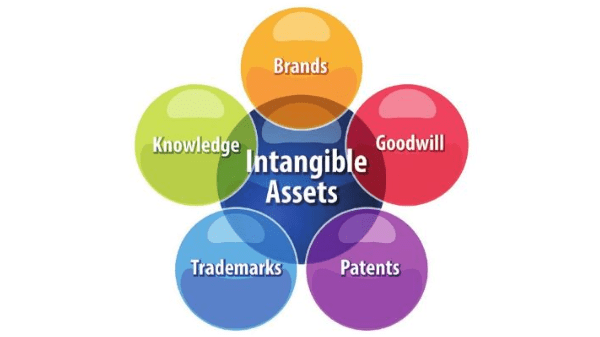Goodwill can be divided into three categories.
Personal goodwill is the goodwill associated with the people involved with the business, especially, of course, the owner—including his or her reputation, connections, and expertise.
Intellectual goodwill consists of the methods, procedures, and ideas that a business has generated. As an example, Blue Book Services, Inc.’s intellectual goodwill would consist partly of the company’s lengthy experience and expertise in calculating the financial stability of produce companies.
Business goodwill is the company’s good name and recognition value. For Blue Book Services, it would include the company’s solid reputation, which goes back to 1901. Business goodwill may also include location. A retailer on New York’s Fifth Avenue has some value from its location alone (over and above what it costs to rent property there).
Goodwill is clearly an important concept in business theory and practice. It is also a fascinating one: it must be quantified (both annually and as part of a purchase) but at the same time, it remains ultimately subjective.
Goodwill brings us back to the bedrock fact of all business transactions—value consists of the price a seller is willing to take and the price a buyer is willing to pay. And of course, they must agree on this at the same time.
Goodwill in the business sense:
* can be regarded as an unquantifiable intangible asset
* relies on customer affection for a product
* cannot be sold apart from a company as a whole
* can be computed by subtracting the value of a company’s assets from its purchase price
* if a company is sold for less than the value of its assets, the difference is negative goodwill.
* Companies are required to compute and report goodwill as part of their annual balance sheets.
This is a multi-part feature adapted from a story in the July/August 2020 issue of Produce Blueprints.



